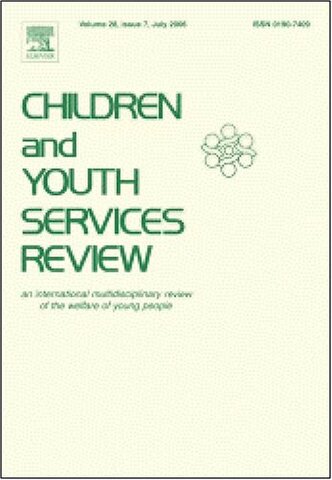Abstract
This article analyzes the integration process of children returned from ISIS territory in three regions of the Russian North Caucasus from where the largest number of ISIS fighters with Russian citizenship originated. Following the concepts of “reintegration of returned migrants” and “cultural citizenship”, it explicates the role of key actors in the processes of adaptation and integration of children and their families, as well as analyzes the nature of the barriers they overcome to restore their lost civil status and identity.
The findings demonstrate that the process of reintegration of returnees is completely monopolized by the federal and local (republican) authorities and religious leaders. They limit the access of international organizations and local NGOs, minimize public discussion in the media, and control the influence of the local communities. Such a strategy of total control in the name of security as a target component of Russian domestic policy creates new grounds for vulnerability of returned children and their families, increasing their stigmatization and preserving hotbeds of tension, but does not allow this tension to be resolved through public dialogue and building constructive forms of civic integration.

